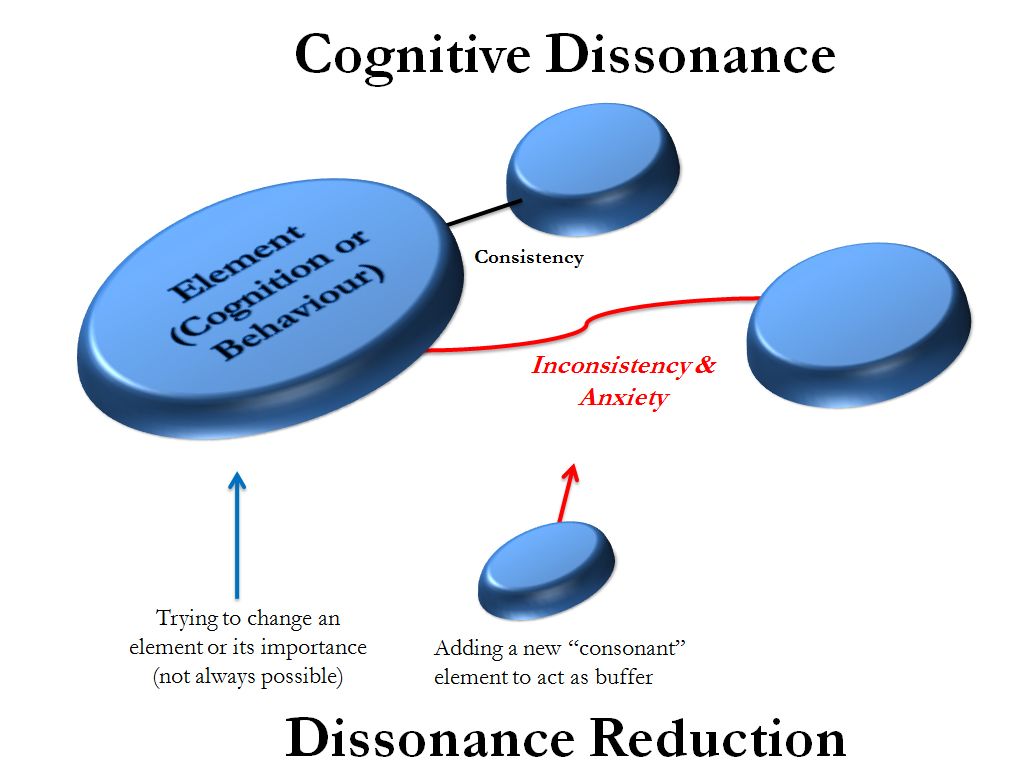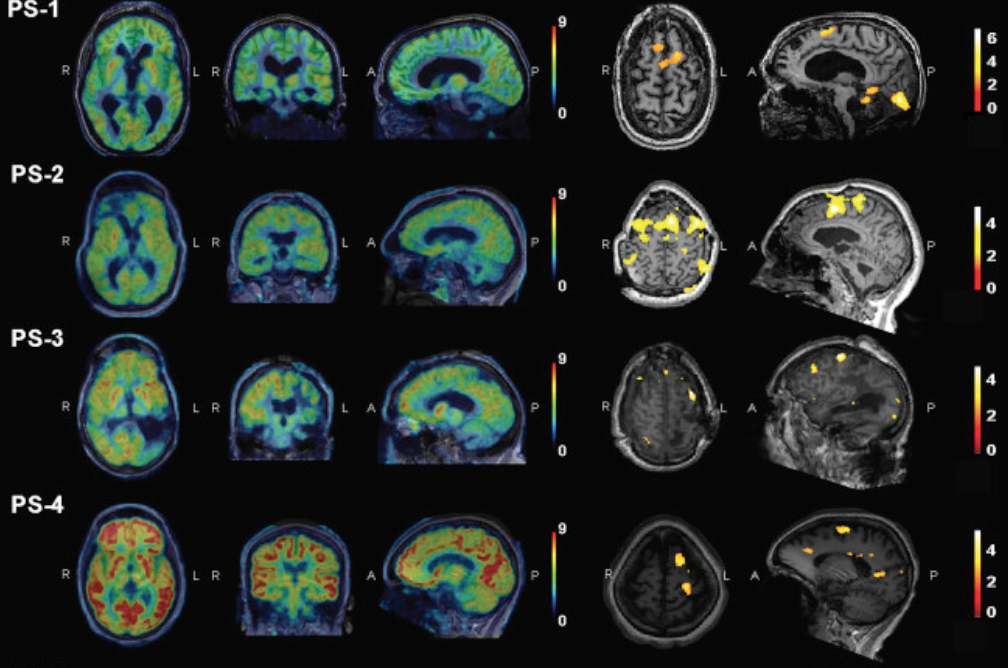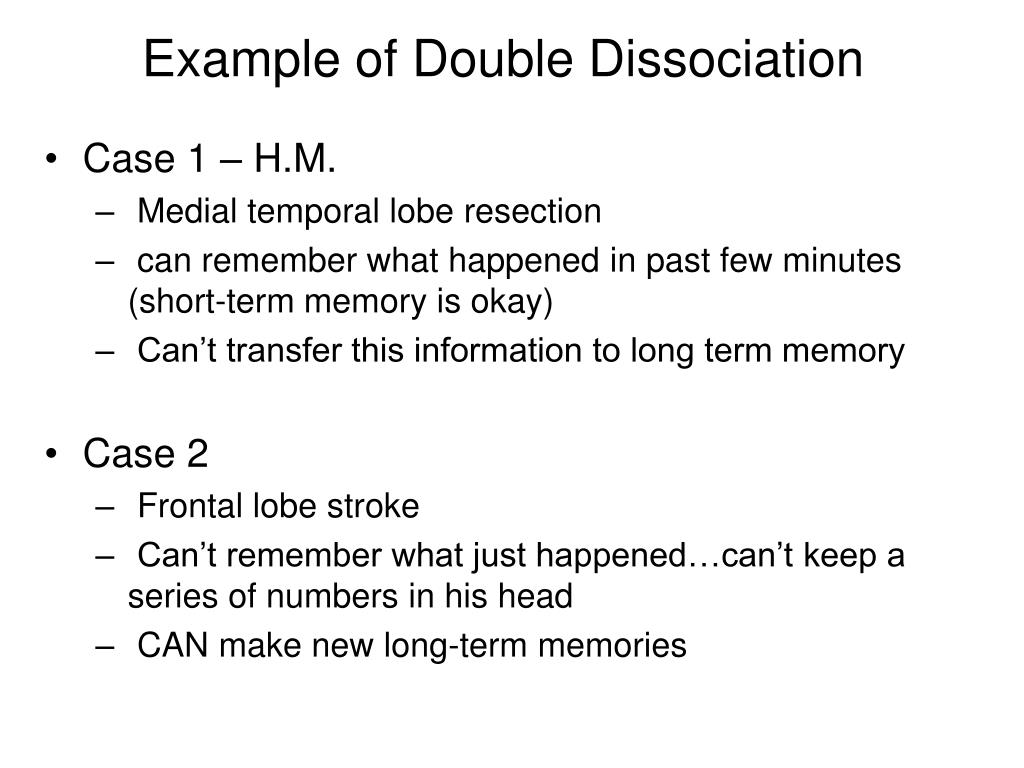Dissociation Cognitive
Dissociation Cognitive - Cognitive dissociation, frequently referred to as dissociation, refers to a disconnection between thoughts, memories, surroundings, actions, and. There are three dissociative disorders, including dissociative identity disorder, dissociative amnesia and depersonalization/derealization. Disassociation is used in contexts outside of mental health but can also be used to describe a mental process.
There are three dissociative disorders, including dissociative identity disorder, dissociative amnesia and depersonalization/derealization. Cognitive dissociation, frequently referred to as dissociation, refers to a disconnection between thoughts, memories, surroundings, actions, and. Disassociation is used in contexts outside of mental health but can also be used to describe a mental process.
There are three dissociative disorders, including dissociative identity disorder, dissociative amnesia and depersonalization/derealization. Cognitive dissociation, frequently referred to as dissociation, refers to a disconnection between thoughts, memories, surroundings, actions, and. Disassociation is used in contexts outside of mental health but can also be used to describe a mental process.
Cognitive Dissonnace Paper WriteWork
There are three dissociative disorders, including dissociative identity disorder, dissociative amnesia and depersonalization/derealization. Disassociation is used in contexts outside of mental health but can also be used to describe a mental process. Cognitive dissociation, frequently referred to as dissociation, refers to a disconnection between thoughts, memories, surroundings, actions, and.
EEG identifies cognitive motor dissociation ApplySci Deep Tech
Disassociation is used in contexts outside of mental health but can also be used to describe a mental process. Cognitive dissociation, frequently referred to as dissociation, refers to a disconnection between thoughts, memories, surroundings, actions, and. There are three dissociative disorders, including dissociative identity disorder, dissociative amnesia and depersonalization/derealization.
Cognitive Motor Dissociation YouTube
Disassociation is used in contexts outside of mental health but can also be used to describe a mental process. Cognitive dissociation, frequently referred to as dissociation, refers to a disconnection between thoughts, memories, surroundings, actions, and. There are three dissociative disorders, including dissociative identity disorder, dissociative amnesia and depersonalization/derealization.
(PDF) Cognitive Behavioural Approaches to the Understanding and
There are three dissociative disorders, including dissociative identity disorder, dissociative amnesia and depersonalization/derealization. Disassociation is used in contexts outside of mental health but can also be used to describe a mental process. Cognitive dissociation, frequently referred to as dissociation, refers to a disconnection between thoughts, memories, surroundings, actions, and.
PPT Four Main Approaches PowerPoint Presentation, free download ID
Cognitive dissociation, frequently referred to as dissociation, refers to a disconnection between thoughts, memories, surroundings, actions, and. Disassociation is used in contexts outside of mental health but can also be used to describe a mental process. There are three dissociative disorders, including dissociative identity disorder, dissociative amnesia and depersonalization/derealization.
Dissociative Disorder Psychotherapy Cognitive Behavioral Therapy
Disassociation is used in contexts outside of mental health but can also be used to describe a mental process. There are three dissociative disorders, including dissociative identity disorder, dissociative amnesia and depersonalization/derealization. Cognitive dissociation, frequently referred to as dissociation, refers to a disconnection between thoughts, memories, surroundings, actions, and.
Dissociation in trauma and how to work with it in therapy David J
There are three dissociative disorders, including dissociative identity disorder, dissociative amnesia and depersonalization/derealization. Cognitive dissociation, frequently referred to as dissociation, refers to a disconnection between thoughts, memories, surroundings, actions, and. Disassociation is used in contexts outside of mental health but can also be used to describe a mental process.
25 Dissociation Examples (Psychology) (2024)
Disassociation is used in contexts outside of mental health but can also be used to describe a mental process. There are three dissociative disorders, including dissociative identity disorder, dissociative amnesia and depersonalization/derealization. Cognitive dissociation, frequently referred to as dissociation, refers to a disconnection between thoughts, memories, surroundings, actions, and.
(PDF) Cognitive Behavioural Approaches to the Understanding and
Cognitive dissociation, frequently referred to as dissociation, refers to a disconnection between thoughts, memories, surroundings, actions, and. Disassociation is used in contexts outside of mental health but can also be used to describe a mental process. There are three dissociative disorders, including dissociative identity disorder, dissociative amnesia and depersonalization/derealization.
Cognitive Behavioural Approaches to the Understanding and Treatment of
Cognitive dissociation, frequently referred to as dissociation, refers to a disconnection between thoughts, memories, surroundings, actions, and. There are three dissociative disorders, including dissociative identity disorder, dissociative amnesia and depersonalization/derealization. Disassociation is used in contexts outside of mental health but can also be used to describe a mental process.
There Are Three Dissociative Disorders, Including Dissociative Identity Disorder, Dissociative Amnesia And Depersonalization/Derealization.
Disassociation is used in contexts outside of mental health but can also be used to describe a mental process. Cognitive dissociation, frequently referred to as dissociation, refers to a disconnection between thoughts, memories, surroundings, actions, and.









